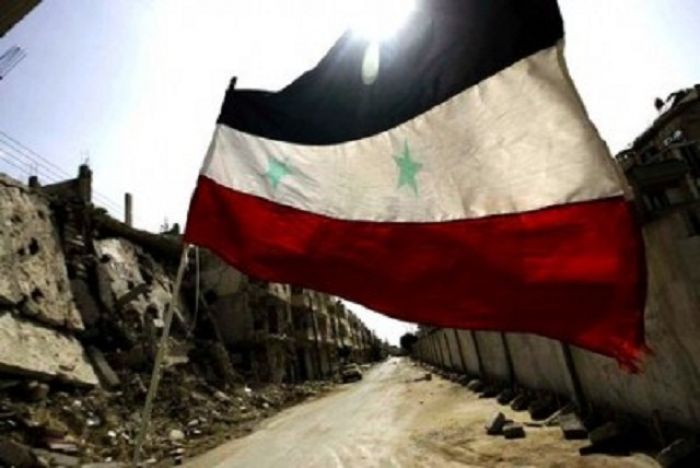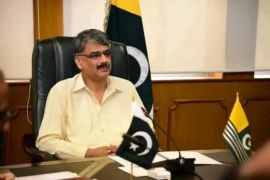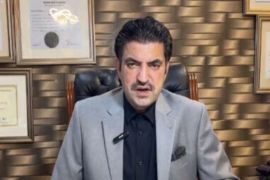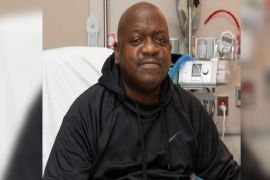For a political solution to Ceasefire in Syria the Syrian government and the opposition, including the United States, Russia, Saudi Arabia and the United Nations-led international delegations sat together in Geneva today.
The Syrian government and the main opposition are attending the Geneva II summit along with international allies. The key issue, on which neither side appears willing to budge, is the future of President Bashar al-Assad.Differences were also laid bare on the eve of the summit, in a report accusing Syria of mass torture and executions.
The conference will begin in Montreux on Wednesday, and continue in Geneva two days later.This would be the first time the Syrian government and the opposition have met face-to-face since the start of the conflict which, in addition to the dead, has left millions of Syrians displaced. The first day will see speeches from some of the 40 or so foreign ministers who have gathered in Montreux. But as the delegations arrived, the main opposition National Coalition and the Syrian government were quick to set out their agendas on the future of Mr Assad.
Syrian Foreign Minister Walid Muallem was quoted by Syria's Sana news agency as saying: "The issues of the president and the regime are red lines for us and for the Syrian people. Nobody can touch the presidency." On his arrival in Switzerland, Badr Jamous, secretary-general of the National Coalition, told Reuters: "We will not accept less than the removal of the criminal Bashar al-Assad and changing the regime and holding the murderers accountable."
BBC diplomatic correspondent Bridget Kendall says the UN secretary general will not want his peace talks to collapse into a shouting match, so the UN's main concern will be to get some sort of initial dialogue going on steps that will help beleaguered Syrians. She says there is talk of possible local truces and humanitarian access to besieged areas.
But our correspondent says that even this may be a tall order, given the uncertainty that the Assad government will make real concessions and the lack of sway the opposition delegation has over the many rebel groups fighting in Syria. International delegates to Geneva II have played down hopes of a breakthrough, saying the talks should be seen as the first step in a process. A senior US state department official told Agence France-Presse: "I don't think anyone who's dealt with Syrian officials has any false expectations of rapid progress.
"Everybody has to understand that this is the beginning of a process. It's not going to be fast. It's very bitter fighting on the ground. And so there's going to be an absolute requirement for patience and for persistence."
German Foreign Minister Frank-Walter Steinmeier added: "We must have measured expectations. We will not see peace triumph during these discussions." Mr Muallem did indicate that Damascus was "committed to working for the success of this conference so that it is the first step on the road to a dialogue between Syrians on Syrian soil". A senior Russian official said the first talks were expected to last seven to 10 days, followed by "a short break, and then the talks will resume".
On Tuesday, US President Barack Obama telephoned Russian counterpart Vladimir Putin to "discuss the issues of the conference", the Kremlin said. It said the conversation was "businesslike and constructive" Foreign ministers Sergei Lavrov and John Kerry met later on Tuesday in Montreux. The lead-up to the summit has been difficult, with the UN first inviting Iran - Syria's ally - to the talks and then withdrawing the invitation.
The UN defended the withdrawal on Tuesday, saying the Iran had orally accepted the Geneva Communique, the plan for a transitional Syrian governing body agreed at a UN-backed meeting in 2012, only to later fail to put the commitment in writing.







